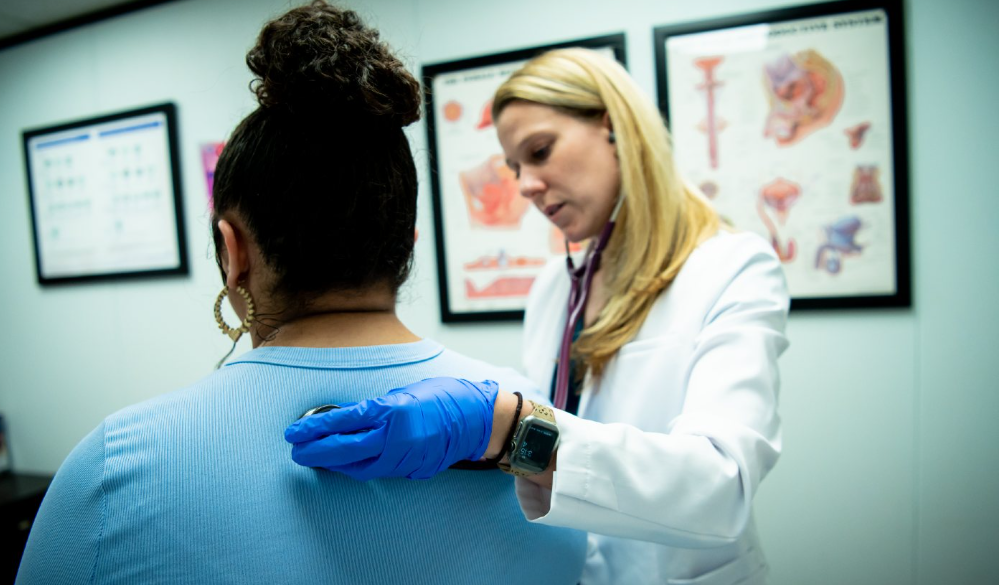13 Oct, 2023 | Stephen Andersen | No Comments
The Role of a Men’s Health Practitioner in Your Well-Being

In the vast realm of healthcare, the role of a men’s health practitioner is pivotal. Their profession encompasses a comprehensive approach that focuses on the physical, mental, and emotional well-being of males, making them an integral part of the medical fraternity.
The Gateway to Men’s Health
Often, these practitioners are the first line of defence when it comes to addressing the health needs of men. They act as the gateway to male health, capable of having a profound impact not just on their present health but also on their future well-being. Their work involves understanding and addressing the unique health challenges that men face, thereby playing a significant role in improving their health.
The ‘Role Performance Model’ and Men’s Health
One of the fascinating aspects of men’s well-being is the ‘role performance model,’ where men perceive their health and well-being as a resource, enabling them to perform daily tasks. This perception often influences their approach to healthcare, making the role of a practitioner crucial in guiding them towards a healthier lifestyle.
A Proactive Approach to Health
One of the key responsibilities of a men’s well-being practitioner is to promote a proactive approach to health. By staying informed and making conscious choices, men can significantly improve their well-being and reduce the risk of developing health conditions. The practitioner plays a vital role in this process by providing necessary guidance and support.
Physio and Men’s Health
Incorporating physio in Auckland into a man’s health regimen can be highly beneficial. It aids in maintaining optimal physical health, which is a critical component of overall well-being. A well-rounded health practitioner will often recommend physio exercises tailored to the individual’s needs, thereby promoting long-term health and fitness.
The Role of General Practice in Men’s Health
General practice can play an effective role in identifying, assessing, and managing some of the major health problems faced by men. Therefore, the collaboration between general practitioners and men’s well-being practitioners is often instrumental in addressing specific male health needs.
Conclusion
The role of a men’s health practitioner is multifaceted, encompassing various aspects of male health. From acting as the gateway to the health of men to empowering individuals for sustainable change, their contribution to the well-being of men is invaluable. With their guidance, men can navigate the complex world of healthcare, making informed decisions that enhance their overall well-being.

